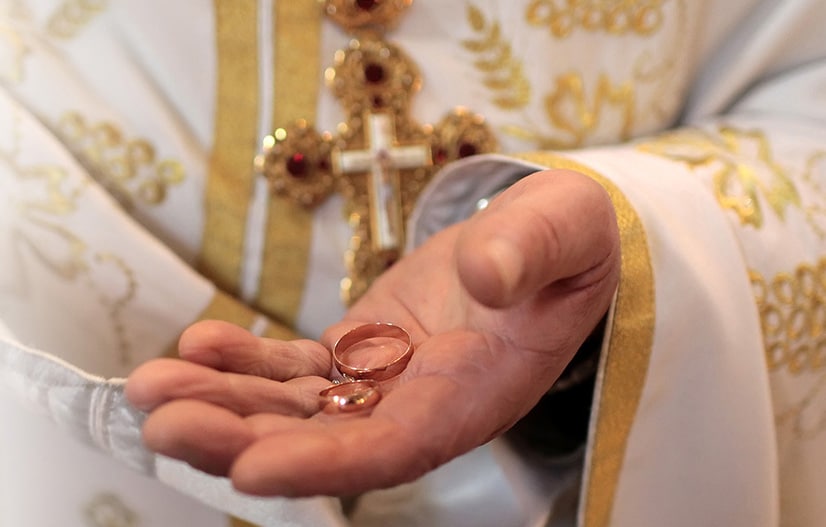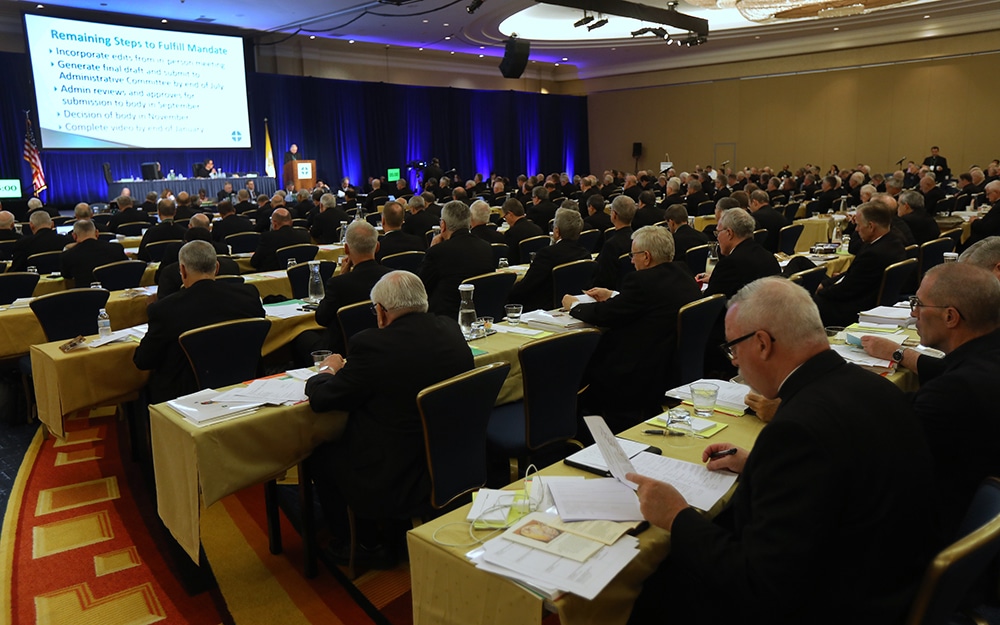 A few weekends ago, as my wife and kids were enjoying a fire on our back patio, I had the rare opportunity to ease into my recliner, put my feet up and enjoy a baseball game on TV without a myriad of distractions from my sweet but chatty children. My Red Sox were playing the Phillies, and being that I live in Indiana, where online sports betting is legal, I’d placed a small wager on Boston to score more than four runs. While the stakes were low — maybe the price of a milkshake or two — my competitive nature had me on the edge of my seat watching this otherwise meaningless mid-May interleague game.
A few weekends ago, as my wife and kids were enjoying a fire on our back patio, I had the rare opportunity to ease into my recliner, put my feet up and enjoy a baseball game on TV without a myriad of distractions from my sweet but chatty children. My Red Sox were playing the Phillies, and being that I live in Indiana, where online sports betting is legal, I’d placed a small wager on Boston to score more than four runs. While the stakes were low — maybe the price of a milkshake or two — my competitive nature had me on the edge of my seat watching this otherwise meaningless mid-May interleague game.
Boston was up 2-1 in the fifth inning when I heard the alarm on my phone reminding me that my wife and I had our usual Saturday date night at adoration. I should have been thrilled. Spending that hour with the Lord has truly been a blessing for the past six months or so, and most weeks, I’m eager for the time of quiet prayer before Christ in the monstrance. But that night? The game was on, and I’d settled in.
We quickly got ready and headed out. On the way to adoration, I kept checking the score whenever we’d get stopped by red lights. In the sixth inning, Boston hit back-to-back home runs to take a 4-1 lead. They just needed to score one more run for me to win my bet. Should be a piece of cake, I thought. Boston’s bats had been scorching hot, and Philadelphia’s bullpen had been terrible all year. Plus, that stadium in Philly is a bandbox.
By 10 p.m., my wife and I were kneeling in our usual pew in the adoration chapel praying the Rosary together. But while my body was present, my mind most certainly was not. After the Rosary, because it was just my wife and I alone with Jesus in the chapel, I grabbed my phone to listen to Father Mike Schmitz’s “Bible in a Year” podcast. While I was searching for the app, I was tempted to check on the score of the game. I tried to justify it. “God would want me to check,” I told myself. “God’s obviously a Red Sox fan, because Fenway Park is as close as anything to heaven on earth.”
But I didn’t check the score. I resisted. It’s not appropriate, I thought. And then I did what I always do — what we always do, even about the most trivial of things: I expected to be rewarded for my immense sacrifice. “Since I didn’t check the score — for you, God! — now it’s time to return the favor,” I thought. “Let them score one more run. I know your power is limitless. I saw ‘Angels in the Outfield’; send Gabriel down to make that ball fly just a little bit farther. Do it for me, your holy and humble servant.”
I didn’t check the score on the way home, either; I was sure that would be the cherry on top of my sacrificial sundae. But when I got home, I saw that the Philly bullpen held. Boston didn’t score that extra run. I lost.
A few days later, I was reading Pope Francis’ catechesis on prayer from his May 26 general audience. It felt like he was speaking directly to me. “Prayer is not a magic wand,” he said, making me feel even more guilty. “When we pray, we can fall into the risk that it is not we who serve God, but we expect it to be he who serves us. This is, then, a prayer that is always demanding, that wants to direct events according to our own design, that admits no plans other than our own desires. Jesus, on the other hand, had great wisdom in teaching us the Lord’s Prayer … [which asks] for the fulfilment not of our plan, but of his will for the world. Better to leave it to him: ‘Hallowed be thy name, thy kingdom come, thy will be done.'”
So God isn’t a genie whose lamp we can rub when we want him to grant our wishes. I hope this lesson sticks, but can I say with any certainty that I won’t ever ask God for another trivial favor? I’ll try my best, but I wouldn’t bet on it.
Scott Warden is managing editor of Our Sunday Visitor.







